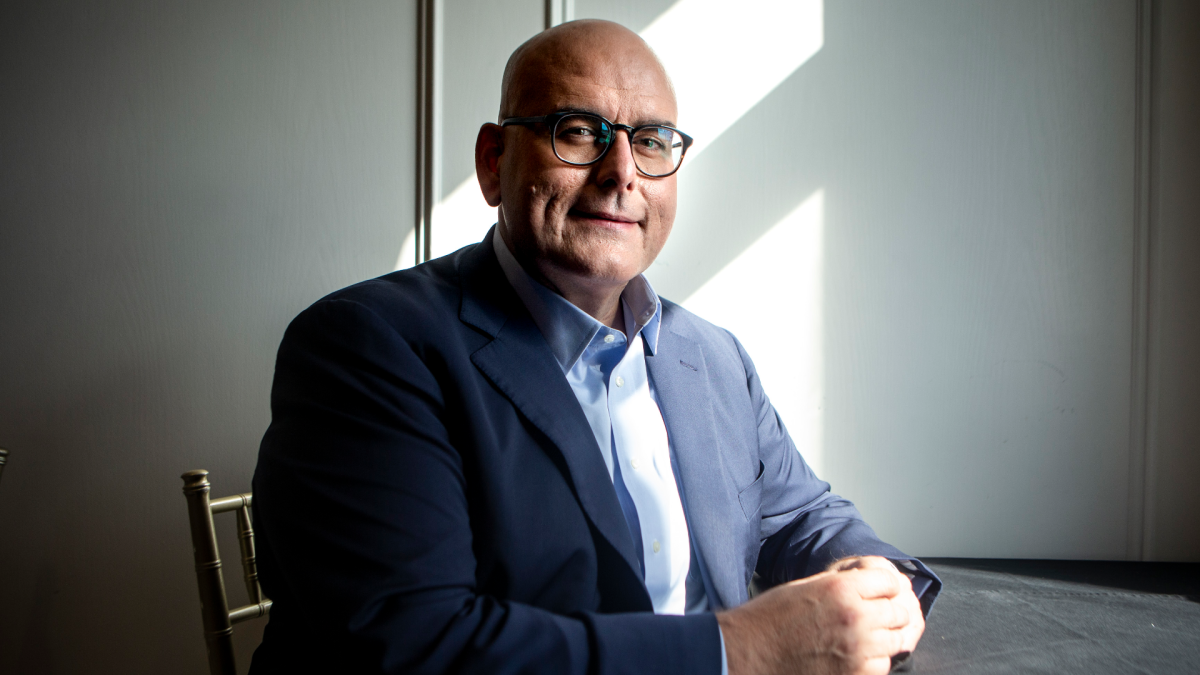Ontario Liberal Leader Steven Del Duca says he’s not sure if a four-day workweek will work in Ontario, but with views on work-life balance changing amid the pandemic, he thinks it’s something that should be explored.

During a keynote address at the Liberals’ annual general meeting on Sunday, Del Duca said the party will launch a pilot project to “analyze the potential for a four-day workweek” if elected in June 2022.
“So work has always evolved. It’s always improved,” Del Duca told 900 CHML’s Good Morning Hamilton.
“I think we have to take a look at all options and this is what I’m proposing. I think it deserves being analyzed for sure.”
Under the proposed pilot, employees would be able to work the same number of hours over four days instead of five, allowing for a longer break period between shifts.
The pilot would be integrated into both the public and private sectors.
“I think we have so much talent here in this province, and there are so many different potential ways this could work,” Del Duca said.
“That’s why we want to take a look at it. I want the evidence, I want the facts.”
Ontario saw some success with a recent experiment with a four-day workweek in the rural township of Zorra, just east of London, Ont., with municipal staff taking part in an eight-month test project.
The experiment was modelled after a larger, pioneering four-day workweek trial in Guysborough, N.S., that ran in 2020 and was adopted as a policy in April.
Results from the world’s largest study of a four-day workweek in Iceland suggested productivity among 2,500 public sector workers in Icelandic offices, hospitals and police stations either remained constant or was boosted.
The study ran a number of different scenarios that included a model where a four-day workweek was offered to workers who would receive the same amount income for doing fewer hours.
Muhammad Ali, a public affairs and government relations consultant with Crestview Strategy, says the recent studies and the onset of the pandemic could give the Liberal scheme legs since many people had to reassess work life to cope with COVID-19.
“There are people with families that want to spend more time at home,” Ali said.
“They want to spend more time at home and that they missed out on a lot with their kids that they didn’t do before the pandemic.”
Ali says it’s most likely that the trial would begin with either government agencies or very closely regulated provincial sectors before being more widely adapted in other sectors.
“There are people who are supposed to work 40 hours and end up having to work 50 to 60 hours in a week like lawyers, doctors and consultants,” said Ali.
He goes on to say it’s a smart campaign platform since it’s certain to get people talking and captures the understanding of what the pandemic was about.
“It says we’re not looking at going back to normal,” said Ali.
“We need to look at a new normal.”
Del Duca suggests the benefit would be maintaining a level of productivity, which he says showed drops in some sectors during COVID-19, resulting in mental health challenges.
“We are not on this planet so that we can live to work,” Del Duca said.
“We’re supposed to work so we can live. So, I want better productivity. I want better mental health. I want families to actually work well together and have that good work-life balance.”
Ontario will head to the polls for the next provincial election on June 2, 2022.
—with files from Anne Gaviola
- South Africa celebrates 30 years since end of apartheid, but discontent grows
- Grocery code: How Ottawa has tried to get Loblaw, Walmart on board
- Alberta to overhaul municipal rules to include sweeping new powers, municipal political parties
- Military judges don’t have divided loyalties, Canada’s top court rules







Comments